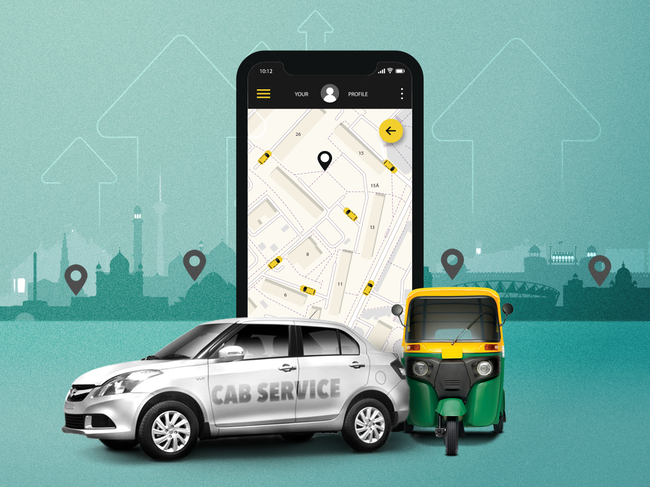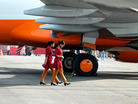 ETtech
ETtechHome Minister Araga Jnanendra told ET he will hold a meeting with top police and transport officials on Wednesday to discuss ways to regulate the operations of platform-based aggregators. Complaints had been pouring in from the public that their fares for auto rides were much higher than those mandated by the government, he added.
Jnanendra said the aggregators were operating with total disregard for the government’s orders and regulations and “were doing all sorts of illegal things.” The government, he added, would intervene and do what it could to fix loopholes and prevent citizens from being fleeced.
The transport department earlier issued a notice to Ola, Uber and Rapido, asking them to stop their auto ride-hailing services as the licence issued to them under the Karnataka On-Demand Transportation Technology Aggregators Rules, 2016, allows them to offer only taxi services in vehicles with a capacity of six people, excluding the driver. The department also gave them until Tuesday to submit their fare structures and respond to complaints of overcharging.
The transport department will take action as per the law, without any leniency, said L Hemanth Kumar, additional commissioner of the department. “They (aggregators) applied for a license to operate motor cabs and we have issued a license for the same. Autorickshaws don’t come under that. For instance, our rules stipulate GPS installation. Can we expect an auto to have a GPS?” Kumar, who is also the secretary of the Karnataka State Transport Authority, told ET.
Discover the stories of your interest

Some executives at ride-hailing firms have argued that the aggregator rules very much cover autos as they can transport three passengers (excluding the driver).
ET reported on October 8 that companies were unlikely to stop offering autorickshaw services. Sources told ET that the companies were yet to take a decision on the matter.
Demand for a new policy
While the companies initially planned to argue that the law did not explicitly say only cars could be aggregated, the government said autos were not covered by the aggregator licence.
Even as the companies are preparing their final arguments, they are likely to approach the government and ask them to come out with a separate aggregator policy for autos, as it did for bike taxis in 2021, a company source said.
“We would likely request them to come up with a new policy as this space is not yet regulated,” he said.
Fare changes, but the final fee is still higher
Soon after the notices were issued, the companies immediately reduced the minimum fare from Rs 60 for four kilometers to Rs 30 for two kilometers, according to company sources and over half a dozen auto drivers ET spoke with. The fare was increased to Rs 60 over a month ago after fuel prices increased.
But the final charge the customers end up paying is still well above government-mandated fare, which is a base fare of Rs 30 for two kilometres and Rs 15 per kilometer after that.
For example, a 1.6 kilometer ride last month cost about Rs 99 on Ola, whereas now it costs about Rs 78. The customer is only supposed to pay Rs 30 for that ride, the government argues. The aggregators charge a convenience or access fee, which can go up to Rs 40, and has been the biggest point of contention.
The final price goes up even further as 5% GST is charged on the base fare, and 18% GST is charged on the convenience fee, taking the total convenience fee to Rs 47 for the customer.
Auto drivers are unhappy with this change. A driver in Bengaluru told ET that a many of his rides are within two kilometers. Earlier, he used to get Rs 60 per ride, but now his income has almost halved. He has logged out of aggregator apps and is plying offline at rates that he bargains for.
Queries mailed to Ola, Uber and Rapido remain unanswered.
A source who has closely worked in the auto category for aggregators told ET that the latest change is unlikely to cause a significant number of drivers to ditch aggregators as the average distance they drive is seven kilometers, and trips under two kilometers constitute less than 10% of total rides in Bengaluru.
















 Get Unlimited Access to The Economic Times
Get Unlimited Access to The Economic Times
